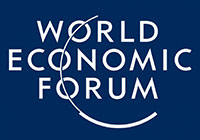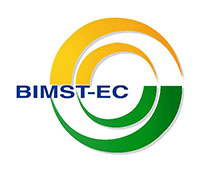We are Member
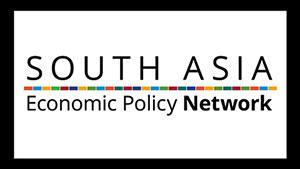
South Asia Economic Policy Network
The South Asia Economic Policy Network (the Network in what follows) was established in 2017. It serves as a platform for collaboration with South Asian think tanks, academics, researchers, policy advisors, policy influencers, and development partners. The objective is to support an ongoing and more structured dialogue on issues affecting the development prospects of South Asia. The development challenges in the region are manifold and addressing them often means overcoming micro, macro, and political economy challenges. The Network advances the achievement of regional development priorities by, first, nurturing and enhancing the regional dialogue and, second, by deepening two-way knowledge sharing between the region and the World Bank. By doing so the Network also addresses the trust deficit between countries in South Asia and strengthens people-to-people relations. The Network cofinances regional encounters, leverages South Asian expertise, shares knowledge with counterparts in the region and helps to navigate the political economy in South Asia. It strives for neutrality and contributes to the World Bank’s role as a source of unbiased expertise, as a receptive listener, and as a trusted broker in the exchange of ideas.
Advancing LDCs Interests in the WTO: Strengthening Participation, Securing Priorities
Centre for Policy Dialogue (CPD) in collaboration with the Asian Watch on Trade, Economics and Environment (SAWTEE) in Nepal, is conducting the two-year-long project to strengthen the participation of the Least Developed Countries (LDCs) in the multilateral trading system of the World Trade Organization (WTO). Launched in March 2016, the project is expected to make an effective contribution to strengthening the understanding and articulation of LDC interests in the global trading system, with a particular focus on issues of interest and concern to Bangladesh and Nepal. The study will also contribute to raising domestic capacity to deal with trade-related issues by organising dialogues, seminars, expert group meetings and trainings for government officials and other key stakeholder groups. It is funded through the International Development Research Centre’s Think Tank Initiative.
The World Economic Forum (EFT)
The World Economic Forum (EFT), committed to improving the state of the world, is the international organization for public-private cooperation. The foundation also acts as a think tank, publishing a wide range of reports, of which the Global Competitiveness Report (GCR) measures competitiveness of countries and economies. CPD prepares the Bangladesh chapter of GCR since 2001 while also launching it.
South Asia Centre for Policy Studies (SACEPS)
SACEPS is a network organisation engaged in addressing regional issues of common concern in South Asia. A number of leading educational institutions and think-tanks in the South Asian region are associated with SACEPS as collaborating institutions.
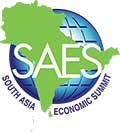
South Asia Economic Summit (SAES)
Objective of SAES is to advance the cause of regional integration in South Asia through discussions and deliberations by stakeholders on key issues of interest and concern to countries and people of the region.
BIMSTEC Network of Policy Think Tanks (BNPTT)
The BIMSTEC Network of Policy Think Tanks (BNPTT) was established following the decision taken at the Second BIMSTEC Summit held in New Delhi, India on 13 November 2008. BNPTT aims for a collaborative effort by the think tanks to influence policymaking at the region. BNPTT members include Centre for Policy Dialogue (CPD), Bangladesh; Royal Institute for Governance and Strategic Studies (RIGSS), Bhutan; Research and Information System for Developing Countries (RIS), India; Myanmar Institute of Strategic and International Studies (MISIS), Myanmar; Centre for Economic Development and Administration (CEDA), Nepal; Institute of Policy Studies of Sri Lanka (IPS), Sri Lanka and Indian Studies Center of Chulalongkorn University (ISCCU) Thailand.
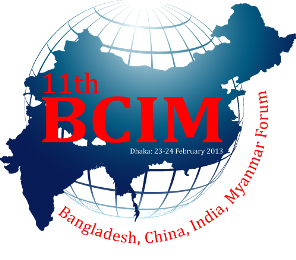
The Bangladesh–China–India–Myanmar Forum for Regional Cooperation (BCIM)
The Bangladesh, China, India and Myanmar Economic Corridor is an initiative conceptualised for significant gains through sub-regional economic cooperation within the BCIM. The concept of economic cooperation within the BCIM region was first developed by the Chairman of CPD Professor Rehman Sobhan.



